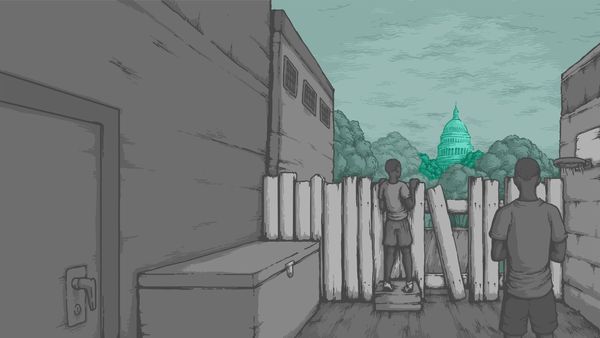Wealth inequality is a pressing global issue that has received increasing attention recently. According to data from Credit Suisse, the top 1% of the world's population owns more wealth than the bottom 4.6 billion people combined. Moreover, this disparity is even more pronounced in certain countries, with the United States and Russia having some of the highest levels of wealth inequality among developed nations.
In the United States, the top 1% of households own about 40% of the country's wealth. This is a significant increase from 1980, when the top 1% owned just 20% of the wealth. The situation is similar in Russia, where the top 1% owns about 35% of the wealth. In contrast, countries like Sweden and Norway have much lower levels of wealth inequality, with the top 1% owning around 20% of the wealth.
Addressing the Problem
There have been various international efforts to address wealth inequality, including through progressive taxation and social welfare programs. The United Nations has also set a goal of reducing income inequality as part of its Sustainable Development Goals. However, implementing policies to reduce wealth inequality can be challenging. It often requires redistributing wealth from the wealthy to the less fortunate, which can be a contentious political issue.
Some experts argue that in order to effectively address wealth inequality, there needs to be a shift in societal values towards valuing equality and the common good over individual success. This could include measures such as increasing the minimum wage, strengthening collective bargaining rights for workers, and expanding access to education and healthcare.
Wealth inequality is a global problem that disproportionately affects certain countries, including the United States and Russia. Addressing this issue will require policy changes and a societal value shift toward equality and the common good. While there have been international efforts to reduce wealth inequality, more needs to be done to ensure that the benefits of economic growth are more widely shared.
Blood in the streets
Suppose we continue on the current path of global wealth inequality. In that case, the gap between the rich and the poor will likely widen. This can have a number of negative consequences for individuals and society as a whole.
One of the main concerns is that wealth inequality can lead to social and political instability. When a large portion of the population struggles to make ends meet while a small elite holds a disproportionate amount of wealth, it can fuel resentment and frustration. This can lead to social unrest and even violence.
Wealth inequality can also have negative economic consequences. When most people have limited purchasing power, it can lead to weaker consumer demand and slower economic growth. This can make it difficult for governments to fund necessary public services, such as healthcare and education, leading to increased poverty and unemployment.
Furthermore, wealth inequality can also harm the well-being and health of individuals. Research has shown that people who live in more unequal societies tend to have worse health outcomes, including higher rates of mental illness and shorter life expectancies.
To prevent these negative consequences, it will be important to take action to reduce wealth inequality. This may include implementing progressive tax policies, increasing access to education and healthcare, and strengthening social safety net programs. Additionally, it may also involve rethinking societal values to place a greater emphasis on the common good and shared prosperity.








